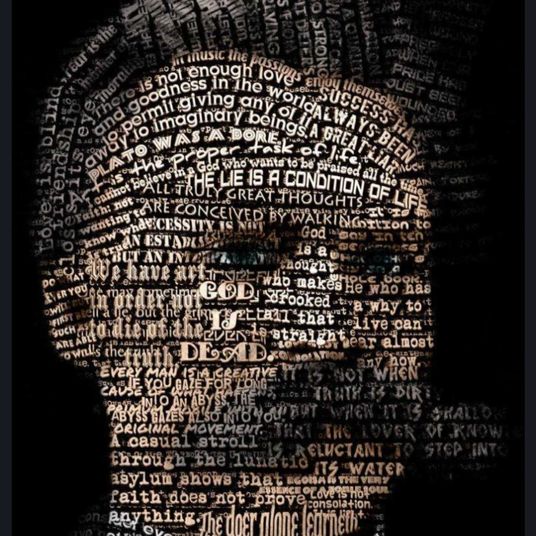
You are using an old version of Internet Explorer, which is not supported any more by Microsoft.
To fully take advantage of our service, we recommend to user a modern browser, such as Google Chrome.
To fully take advantage of our service, we recommend to user a modern browser, such as Google Chrome.
